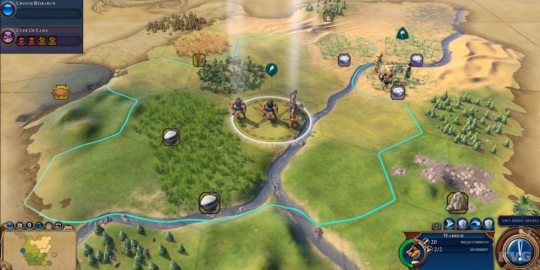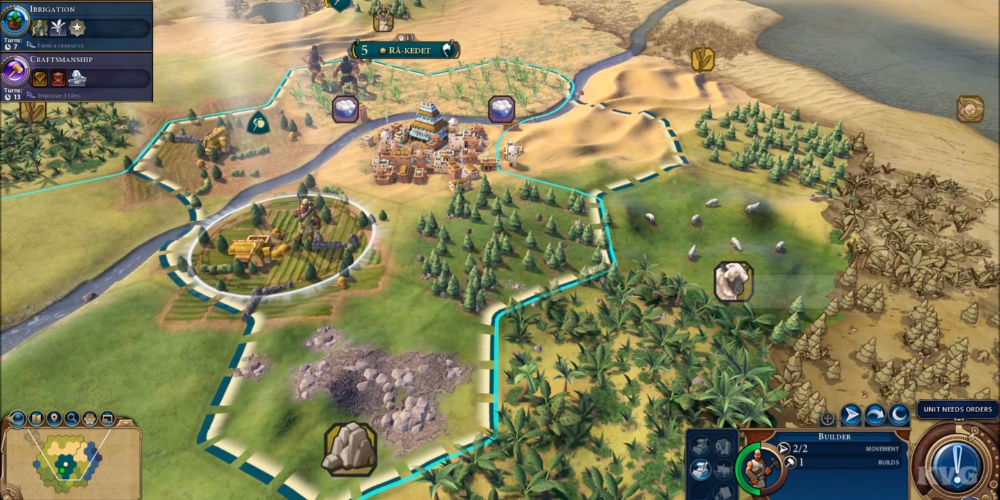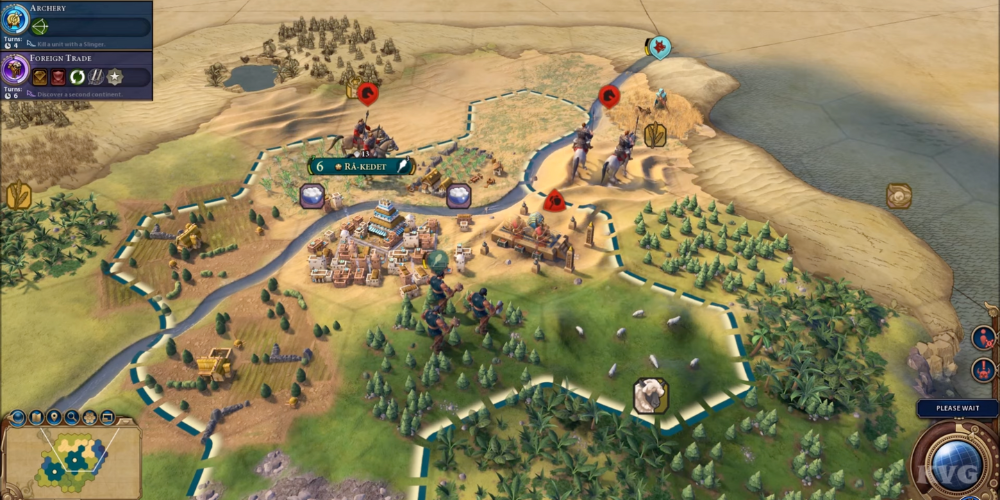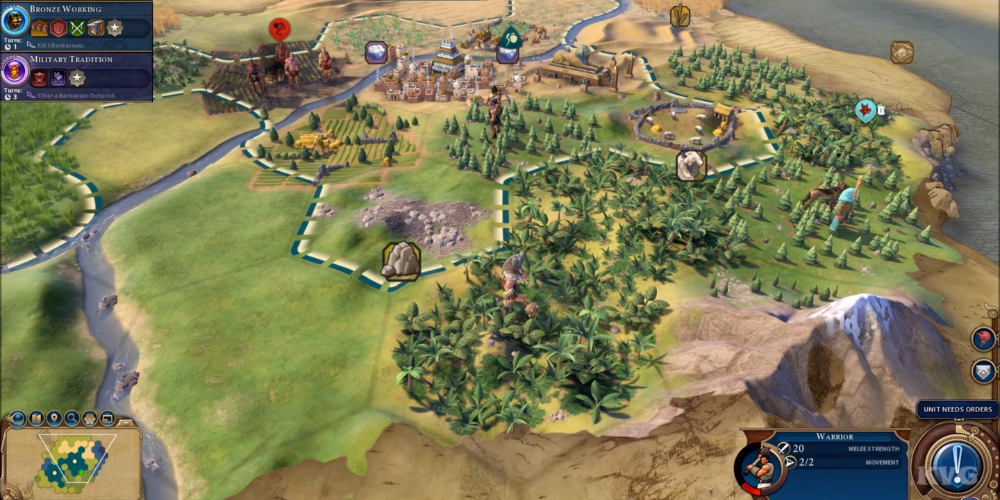
Building a civilization that stands the test of time in Civilization VI isn't just a game of chance—it's an art. Sid Meier's Civilization VI challenges players to expand their thinking and strategize every move from the Ancient Era to the Information Age. Whether you're new to the game or seeking to refine your play, mastering the fundamentals of empire-building is essential. This guide dives deep into strategies for growing your civilization from a simple settlement into a world-dominating superpower.
Choosing the Right Civilization
The choice of civilization can influence your entire gameplay in Civilization VI. Each civilization has unique leaders, units, and special abilities that cater to different play styles. Do you prefer military dominance or scientific innovation? Cultural victory is more your style. Consider leaders like Trajan of Rome for beginners due to the benefits of city expansion or Cleopatra of Egypt if your strategy leans towards trade and diplomacy.
Researching your preferred civilization's strengths and weaknesses is crucial. This helps tailor your strategy to take full advantage of their unique features. Additionally, consider the leader's agenda as it affects diplomacy.
Optimizing City Placement
The location of your cities is paramount in Civilization VI. Strategic placement can give you access to essential resources, defend against military threats, and influence trade routes. When choosing a spot to settle your first city, look for a balance of resources like food, production, and luxury goods, which are critical in the early game.

Later, consider the terrain for defensive capabilities, such as mountains or narrow passes, and proximity to other civilizations for trade or potential conflict when expanding your empire.
Mastering the Tech and Civics Tree
Your progression through the Technology and Civics trees can dramatically affect the success of your civilization. Prioritizing certain technologies or civics based on your chosen victory condition and the current needs of your empire is key. For instance, if you're facing aggression, prioritizing military tech can provide the edge needed to defend your cities.
Similarly, understanding the synergies between technologies and civics can streamline your path to victory. Pairing the right policies can optimize your resource production, military strength, or cultural influence.
Effective Resource Management
Resources in Civilization VI are split between necessities like food and production, strategic materials for unit creation, and luxury items that increase your civilization's happiness. Managing these efficiently can distinguish between flourishing and faltering, especially at higher difficulty levels.
Focusing on creating a sustainable balance can help ensure that your cities grow at an optimal rate while being able to produce necessary units and buildings. Internal trade routes are also a great way to boost cities that lack specific resources.
Utilizing Diplomacy and Espionage

Diplomacy in Civilization VI is not just about reacting to other civilizations; it's about actively shaping relationships. Establishing a network of alliances can protect your interests, while strategic alliances can isolate a too-powerful rival. Additionally, sending invoices to city-states can provide you with additional resources, units, and other benefits.
While often overlooked, espionage can be a powerful tool in your arsenal. Spies can steal technologies, rig elections, and even incite unrest in rival cities, making them invaluable for gathering intelligence and disrupting opponents' plans.
Military Strategy
While peaceful paths to victory are viable, military might is often necessary for defense or to eliminate a threatening rival. Understanding unit types, advantages, and formations can turn the tides of war in your favor.
Ensuring your military units are upgraded and leveraging generals and admirals can significantly enhance their effectiveness. Additionally, timing your attacks during technological advantages or political turmoil within enemy borders can lead to more successful campaigns.
Planning for Victory

Each path to victory in Civilization VI requires planning and adaptation. Whether aiming for a Science, Culture, Domination, or Diplomatic victory, tailor your strategy from the outset to align with your goals.
Regular assessment of the victory progress screen can inform your tactics and allow you to pivot if necessary. Monitoring your competitors' advancement is just as important as preventing them from achieving their goals before you.
Continuous Learning and Adaptation
Lastly, Civilization VI is an ever-evolving challenge due to its complexity and various AI strategies or unpredictable multiplayer human behavior. Embrace the learning curve. Each game can provide insight into more effective strategies and unforeseen interactions between game elements.
Stay adaptable, always ready to rethink your approach based on the world stage, and use the replay function to analyze and learn from past games.
Conclusion
Building an empire in Civilization VI is a deeply engaging experience that tests your strategic thinking, foresight, and adaptability. Paying attention to the foundational aspects of civilization building outlined in this guide will improve your play and enjoy more successful and rewarding games. Keep experimenting with different strategies and civilizations to refine your skills and understanding of this complex, intriguing game.